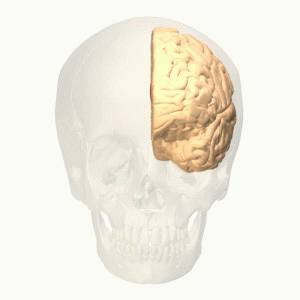
How Doctors Can Diagnose And Treat Depression Before It Even Starts
MIT and Harvard researchers found a tool to diagnose people at risk of depression. They could be treated even before symptoms start.
Depression Facts
• Depression is the most common mental disorder in the world
• Globally, an estimated 350 million people of all ages suffer from it.
• Depression is the leading cause of disability worldwide, and is a major contributor to the overall global burden of disease.
• More women are affected than men.
• At its worst, depression can lead to suicide.
• There are effective treatments for depression. Less than 50% of sufferers receive such treatments.
The Study
The MIT and Harvard researchers performed certain brain scans (fMRI) on children who had family histories of depression and children with no family histories. Comparing these two groups the researchers where searching for brain differences that could identify someone at risk.
“We’d like to develop the tools to be able to identify people at true risk, independent of why they got there, with the ultimate goal of maybe intervening early and not waiting for depression to strike the person,” says Gabrieli, an author of the study, which appears in the journal Biological Psychiatry.
The Results
The study showed that kids at risk have distinctive brain differences in certain brain areas. They found a strong link between the sgACC (subgenual anterior cingulate cortex) and the default mode network. This region is normal active if people are unfocused. Increased activity in these regions was associated with depression earlier.

The Conclusion
Knowing the burden of depression and the fact that only 50% receive treatment, early detection and treatment could be a major key in tackling this disease. However, fMRI is not a screening tool yet and future research needs to be done to show effectiveness of treatment at this early stage.
More Information
Click here to learn more about effective depression treatment
References
Eureka

